In the dynamic and fast-paced world of legal practice, collaboration among legal teams is not just beneficial—it’s essential. From complex cases to intricate legal matters, successful outcomes often hinge on the ability of lawyers to work together seamlessly, leveraging each other’s expertise and insights. This is where Legal Practice Management Systems (LPMS) step in, serving as the linchpin that unifies efforts and fosters effective collaboration among legal professionals. In this article, we’ll explore the importance of team collaboration in the legal world and how management systems play a pivotal role in enhancing it.
The Power of Collaboration
Collaboration lies at the heart of every successful legal team. Whether it’s brainstorming strategies, sharing research findings, or coordinating case tactics, effective collaboration enables legal professionals to leverage their collective knowledge and skills to achieve optimal outcomes for their clients. Moreover, collaboration fosters a culture of teamwork, trust, and innovation, driving firm-wide success and growth.
Challenges of Traditional Collaboration Methods
Historically, collaboration among legal teams has relied on traditional methods such as face-to-face meetings, phone calls, and email exchanges. While these methods have their merits, they also present significant challenges, including communication barriers, time zone differences, and version control issues. Moreover, the increasing complexity and volume of legal work make it increasingly difficult for legal teams to collaborate effectively using manual methods alone.
Enter Legal Practice Management Systems
Legal Practice Management Systems like NeverOffice offer a comprehensive solution to the challenges of team collaboration in the legal world. By providing a centralized platform for case management, document sharing, and communication, these systems streamline collaboration and empower legal teams to work together more efficiently and effectively.
Centralized Case Management
One of the key features of Legal Practice Management Systems is their ability to centralize case management. By consolidating all case-related information—including documents, tasks, deadlines, and communications—within a single platform, these systems provide legal teams with instant access to the information they need, when they need it. This eliminates the need for multiple systems and tools, reducing confusion and ensuring that everyone is on the same page.
Document Sharing and Collaboration Tools
Legal Practice Management Systems also offer robust document sharing and collaboration tools that enable legal teams to collaborate on documents in real-time. Whether it’s drafting pleadings, reviewing contracts, or preparing case briefs, these tools facilitate seamless collaboration, allowing multiple team members to work on the same document simultaneously. Moreover, version control features ensure that everyone is working with the most up-to-date information, reducing the risk of errors and inconsistencies.
Communication Channels
Effective communication is essential for successful collaboration, and Legal Practice Management Systems provide a variety of communication channels to facilitate it. From secure messaging and email integration to virtual meeting capabilities, these systems enable legal teams to communicate with each other seamlessly, regardless of their physical location. Moreover, built-in notification features ensure that important messages and updates are delivered promptly, keeping everyone informed and engaged.
Final Thoughts
In the legal world, teamwork truly makes the dream work. By fostering collaboration among legal teams, firms can unlock their full potential and achieve exceptional results for their clients. Legal Practice Management Systems like NeverOffice serve as the catalyst for this collaboration, providing the tools and capabilities necessary to unify efforts, streamline workflows, and drive success. As the legal industry continues to evolve, effective collaboration will remain a cornerstone of success, and management systems will play an increasingly critical role in enabling it.

